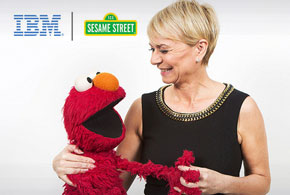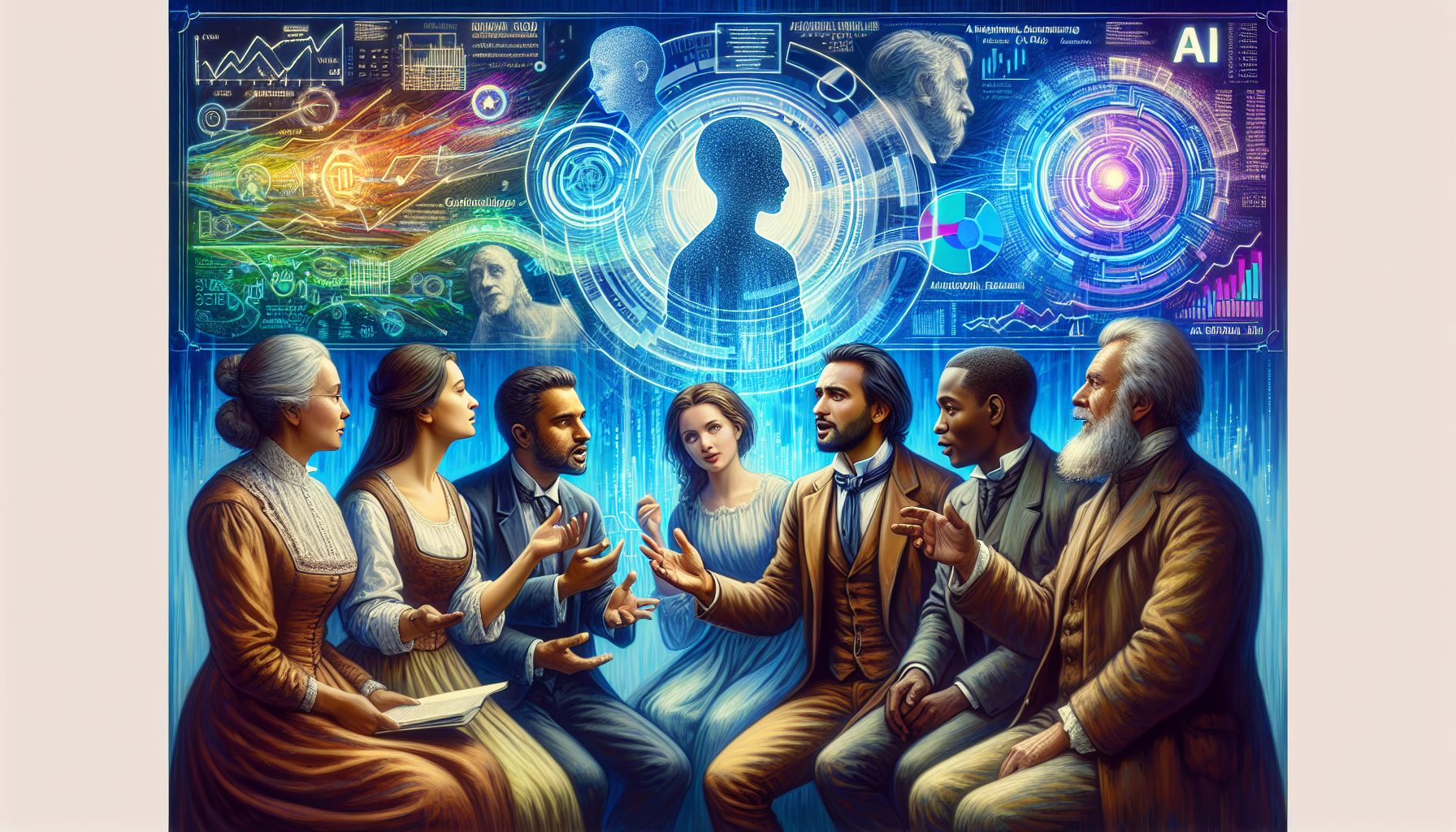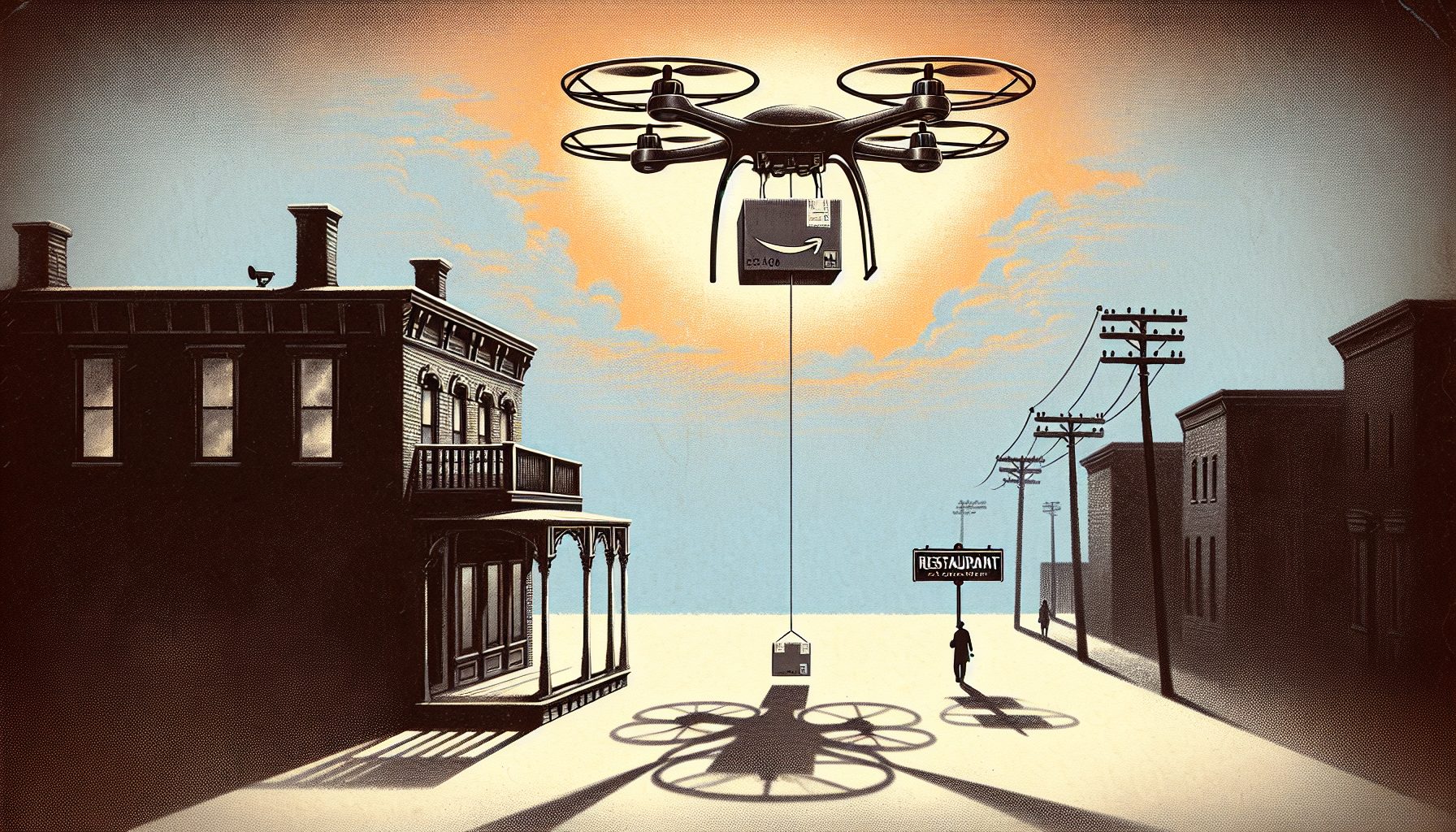Sesame Workshop, which brought Elmo, Big Bird and other beloved characters to countless children worldwide, is teaming up with IBM to advance early-childhood education.
By combining Sesame Workshop’s expertise in children’s content with the cognitive computing technology of IBM’s Watson, the partners plan to develop an adaptive, personalized learning platform and products for preschoolers. They are working with leading teachers, researchers, gamers and other experts to brainstorm the best ways to help children learn during the first five years of their lives, a period of significant brain development.
Each company brings unique skills to the table. “Our core expertise is creating content that appeals to children,” says Stephen Youngwood, chief operating officer of Sesame Workshop, based in New York, N.Y. “Nobody has as much experience as us.”
IBM’s Watson offers natural-language processing, pattern recognition and other cognitive computing capabilities that can help create personalized experiences. Watson can correlate and learn from huge amounts of data and adapt to the aggregate experiences of anonymized groups of students.
The learning platform will include digital content that will most likely be delivered over the Internet and used on a touch device such as a tablet or smartphone or on a computer. Content will be relevant to an individual child’s interests and geared to the appropriate level of aptitude.
“Imagine content that would engage a particular child—whether that’s dinosaurs, fire trucks or mermaids—with a number of words and a level of complexity suitable for that child,” Youngwood offers as an example. What’s unique about this venture is the adaptive nature of the platform, he says, adding, “The content will evolve as a child learns and gains greater aptitude.”
In addition to kid-friendly content, there will be tools for adults. “For the greatest impact, we know we have to engage not only the kids, but their teachers and caregivers,” Youngwood says. For example, some products could help a teacher judge what students need and like and then adjust their lessons accordingly. “The best teachers can read a room and figure out what will connect with a kid,” he says.
Testing Interactive Platforms and Interfaces
Details on the platform and tools, and the staff involved in creating them, aren’t available at this early stage of the three-year agreement, but projects are already in the works. “There are a few things we’re playing around with now,” Youngwood says, including tests of a variety of interactive platforms and interfaces for use in homes and schools.
Once prototypes are ready, Sesame Workshop and IBM will seek feedback from leaders in technology and education to allow continued refinement of the products.
“Our hope is that over the next 12 months, we’ll launch pilot programs in partnership with some schools or other organizations in various parts of the country,” Youngwood says. “Like IBM, we are a global company, and it’s likely that one of the pilots will be outside the U.S.” The partners haven’t yet identified any schools or other organizations they might be working with.
The ultimate goal is to provide children from all socioeconomic backgrounds around the world with the opportunity for meaningful, personalized education in their most formative years. How that will be funded and implemented hasn’t yet been disclosed.
Though the venture relies on harnessing technology in the interests of education, Youngwood says they won’t lose sight of one key point: “It has to be fun. If you don’t engage children, you can’t teach them.”









